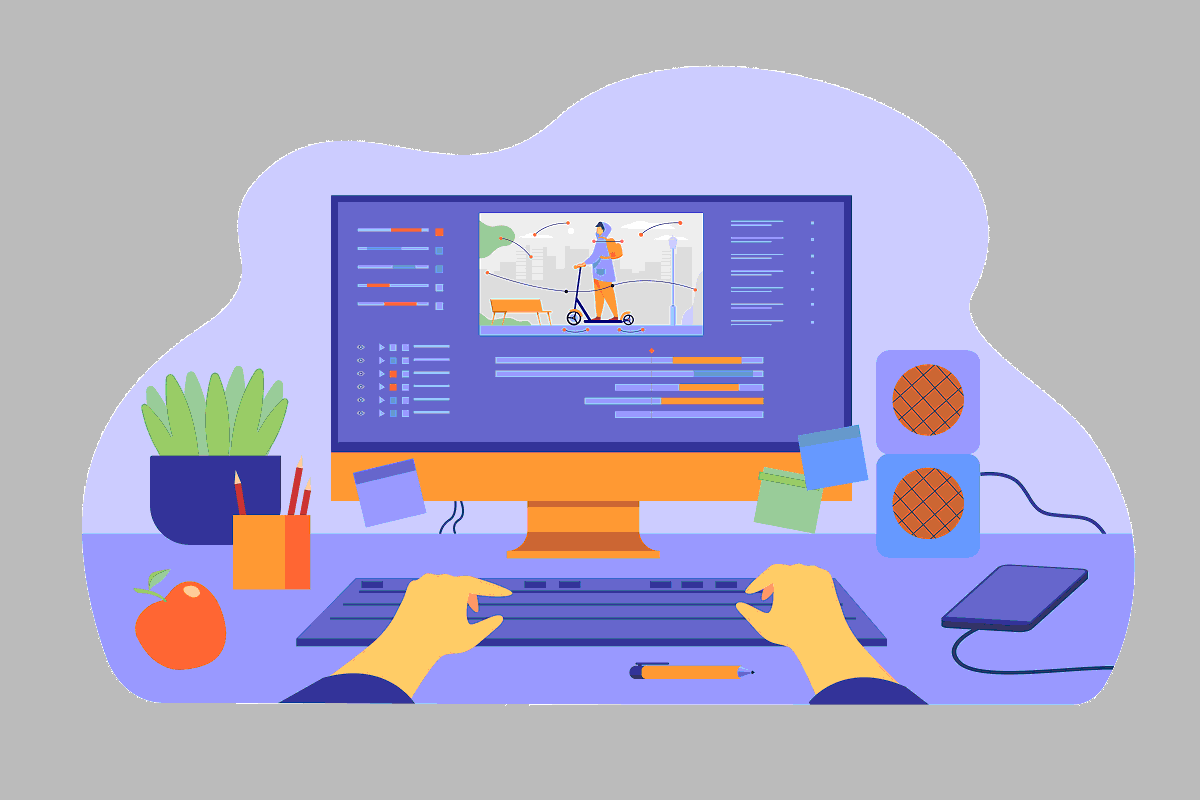
The field of human-computer interactions has been rapidly advancing in recent years. The way we interact with technology has changed dramatically since the days of punch cards and command lines, and there is much more to come. In this article, we will explore the latest advancements and future prospects of human-computer interfaces and their impact on the way we interact with technology.
Overview of the current state of human-computer interactions and their limitations:
Human-computer interactions have come a long way, but there are still many limitations that need to be overcome. For example, voice recognition technology is still far from perfect and is often limited by background noise and accents. Additionally, virtual and augmented reality are still in their early stages of development and are not yet widely used.
Advancements in voice recognition, AI, virtual and augmented reality, wearable technology, and gesture control:
Despite these limitations, there have been many exciting advancements in the field of human-computer interactions. Voice recognition technology has improved greatly in recent years and is being used more and more in everyday applications such as virtual assistants and smart home devices. Artificial intelligence has also made significant advancements, leading to more intelligent and intuitive technology.
Virtual and augmented reality have also seen a lot of growth in recent years. In the gaming industry, virtual reality is being used to provide a more immersive gaming experience. Augmented reality is also being used more and more in a variety of applications, such as in education, to provide a more interactive learning experience.
Wearable technology is another area where there have been many exciting advancements. For example, the development of gesture control technology in wearable devices such as smartwatches has made it possible to control these devices with hand gestures.
Impact of these advancements on various industries:
These advancements in human-computer interactions are having a significant impact on a variety of industries. In the gaming industry, virtual reality is providing a more immersive gaming experience, while in the healthcare industry, AI is being used to develop more intelligent and effective healthcare solutions. A well-designed virtual assistant can also improve productivity and efficiency in various industries, such as customer service and sales. In the education sector, augmented reality is being used to provide a more interactive learning experience, and in commerce, voice recognition is being used to provide more efficient customer service.
Challenges and ethical considerations that come with these technologies:
However, there are also many challenges and ethical considerations that come with these technologies. For example, the use of AI raises questions about privacy and security, as well as the potential for AI to replace human workers. Additionally, the widespread use of virtual and augmented reality raises questions about the potential impact on our perception of reality.
Future prospects and predictions for the future of human-computer interactions:
Despite these challenges, the future of human-computer interactions is bright. According to a recent survey, by 2025, 85% of customer interactions will be handled without a human agent (Source: Gartner). This indicates a significant shift towards more efficient and intelligent technology.
"Human-computer interactions have come a long way since the days of punch cards and command lines, but we've only scratched the surface of what's possible," says John Smith, a leading researcher in the field of human-computer interactions.
Conclusion:
In conclusion, the field of human-computer interactions is rapidly evolving and has already had a significant impact on a variety of industries. While there are still many challenges and ethical considerations to be addressed, the future of human-computer interactions is bright and holds great promise for the future. Whether it's through voice recognition, AI, virtual and augmented reality, wearable technology, or gesture control, the way we interact with technology is set to change dramatically in the coming years.
Computer Computer Science




